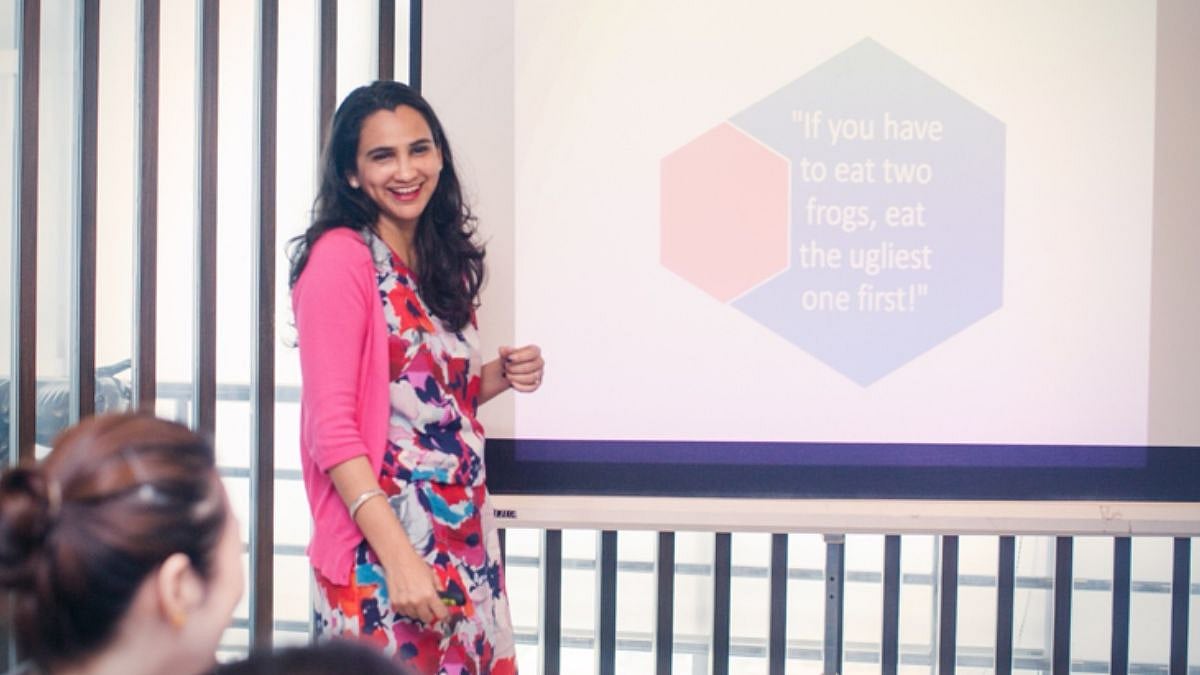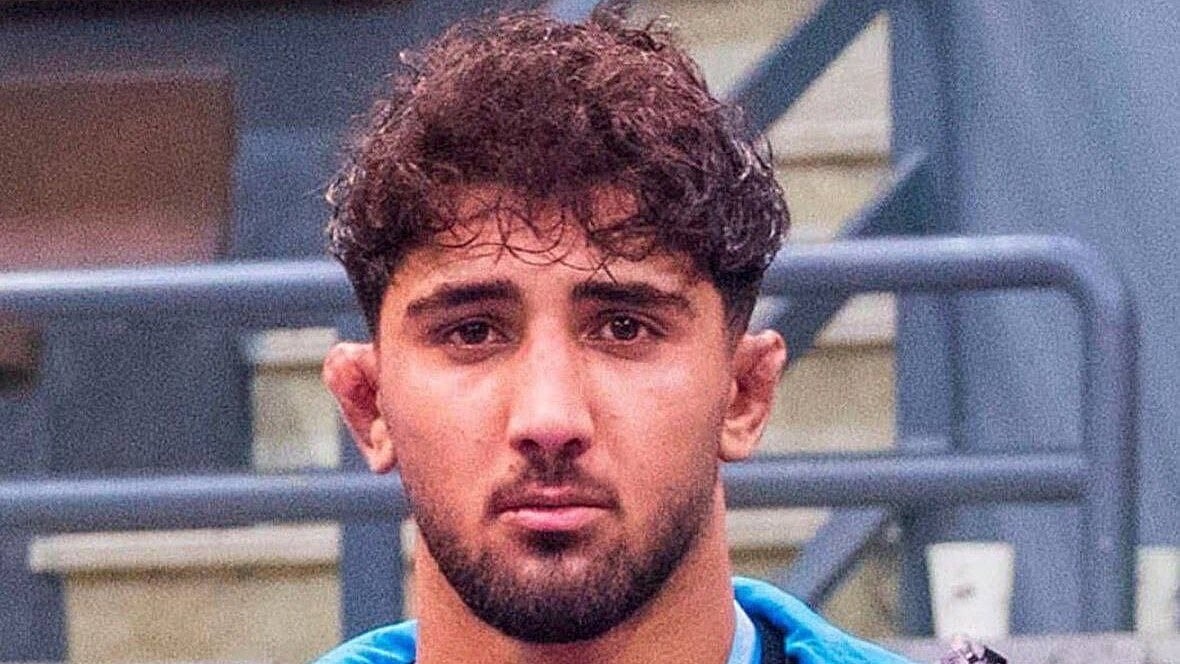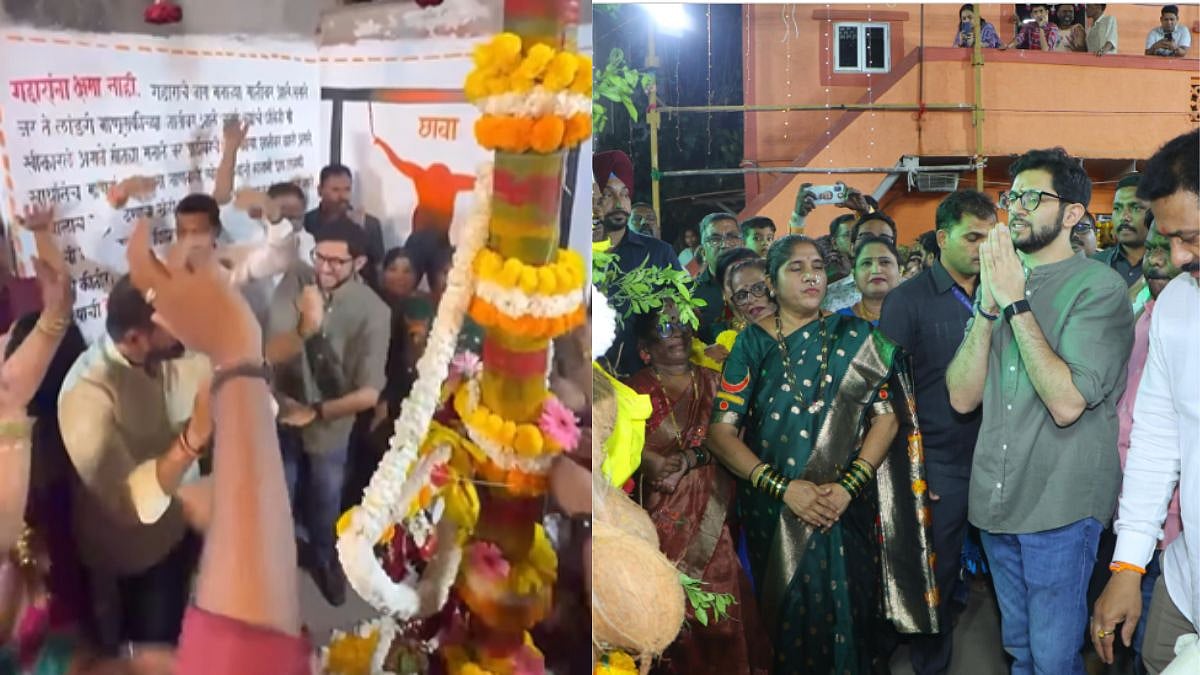The success of a company directly depends on who is in charge. In 2025, the business world will transform again, according to McKinsey. More and more, we hear the same thing: the traditional leadership model is outdated. Control and KPIs are no longer the primary indicators of a strong leader.
These shifts are also confirmed in the analysis of the Harvard Business Review, which emphasises that the modern “executive presence” is no longer associated with a suit and a loud voice, but is based on deep self-reflection, calmness in instability and empathy in negotiations.
By 2026, Gartner estimates that more than half of leadership development programs will be changed to use select strategies based on coaching, emotional intelligence, and psychological safety. Nowadays, when leadership styles are being rethought all over the world, a new method has emerged that includes not only the basics of psychology, but also a mixture of Eastern philosophy. Where simple psychoanalysis is not enough, Easter wisdom has proved useful and effective.
And the innovator in this approach is Indian expert Devika Das. She is a coach and mentor that is the founder of The Soul Soup Limited, and one that has established a profile across many senior managers, and has an influence in working with top executives around the world which documents how the organization can change, beginning with changing one person from the inside-out. To make her coaching more effective, she mixed completely different approaches and tools, which made her method work for twenty years.
Techniques for becoming a leader “from the inside”
People usually think of different external aspects of leadership – position, charisma, appearance, and rhetoric. But for Devika Das, it truly starts within. So she developed the CORE Executive Presence methodology, which has become the framework of her many years of work with senior managers, founders and leaders of multinational teams.
The method draws from psychodynamic psychology, which Devika learned at INSEAD, alongside Eastern philosophy, particularly the practices described in Yoga Sutras and Ashtavakra Gita. Most leadership development models apply an external upgrade to leadership effectiveness while CORE examines and works with internal operating systems which underpin behaviour, reaction and influence.
“The process is customised for each client but follows three core elements. Self-awareness is understanding your unconscious drives and triggers, not just surface-level strengths. Then reading others, that is, developing fluency in the human dynamics and unspoken tensions that shape every interaction. Adapting with power, impact, and influence – translating these insights into conscious leadership choices that create conditions for others to thrive,” Das commented on her approach.
These principles make the CORE Executive Presence approach suitable for leadership coaching and unique in its manifestation. It is intended to help leaders become aware of their unconscious drivers, internal tensions, and habitual responses that develop over years and often go unnoticed. It may be fear of abandonment, an urge to control, a desire for approval – anything that inhibits the leader from being clear and free.
CORE teaches leaders to look deeper than the language and the key performance indicators. Leaders develop emotional intelligence, cultural attunement, and the capacity to read the dynamics of the group: who is disengaged, where tensions are building, what employees are not saying, and where they may personally need assistance. This “tuning in” enables leaders to act with precision, not with blunt force: build trust, short-circuit needless conflict, and respond to shifting updrafts.
At the final stage, leaders are learning to use their understanding of themselves and of others not as a form of manipulation, but as an alternative to conscious choice on how to speak and act. Eastern philosophy helps to balance Devika Das' approach. From there, she took first of all the idea of stability and comfort as two essential sides of any leadership position, be it a physical posture or a strategic position.
In coaching, this translates into the ability to remain firm and flexible at the same time: keep the course, but not freeze in stubbornness. This is how the Eastern practice of mindfulness and presence is complemented by Western tools for understanding motivations and interpersonal dynamics, turning into a practical and deeply personalized approach.
“This is not about adding another technique to your toolkit. It is about fundamentally changing how you show up. Through practices that cultivate emotional steadiness, genuine presence, and resilience when stakes are high, leaders develop the capacity to observe what is happening without getting swept away by it, and to act from clarity rather than fear,” Devika shared.
By transforming one, it is possible to change the result of an entire company
In order for a leader to be successful and inspire confidence in the team, he must have, first of all, self-confidence, which Devika Das instills in her training. Devika worked in Sri Lanka, Egypt and Indonesia, after that she moved to China and started working in coaching as an independent coach, and among her clients were managers mostly from Europe and Asia. While working with them Devika later opened her company on training and coaching in international executive presence.
Now the expert works in Hong Kong and conducts coaching sessions with C-Suite leaders and aspiring executives of large companies around the world. One of Devika's biggest projects took place around an inner struggle, ready to potentially derail her client's ambitious growth plans. She was contacted by a senior leader from a burgeoning IT consulting firm in Asia. The message was straightforward: double the revenues by 2028.
The remedy was to abandon a slow, “farmer” type of sales strategy that develops trusting, long-term relationships with existing customers to instead implement an aggressive, “hunter” type of model that will actively pursue new, large customers in new markets.
“A senior leader in a large public sector organisation struggled to influence two key stakeholders: a sceptical team lead and a resistant external partner. Both had deep-rooted habits and showed little openness to new ideas. The leader realised that part of the challenge was her own communication style, often overly technical and lacking emotional connection,” Devika commented on her work.
The challenge was that the team was pushing back and rejecting the new model. Employees were feeling like their values were changing: what was professional yesterday (care, building trust) was weak today. It was a challenge that could lead to not only lost productivity, but also to losing valuable close-to-key employees.
At that time, Devika began working with the internal leader. Instead of putting further pressure, developing and implementing a brute force approach, she advocated a proposal for “internal transformation”, which transforms the culture through presence, through conversation, and reinvention, not orders. Workshops were held to develop new KPIs and to raise awareness around identity and complexity.
On a more practical level, it included things like rebranding their seller roles, acknowledging and valuing cross-selling, and developing a joint career path. This allowed people to continue selling on trust while starting to branch into new markets. As a result, the company's identity was protected and it led to simultaneously bringing the company closer to the result it desires.
An arduous journey to gain esteem in the circles
The CORE Executive Presence approach not only provides a different type of leadership, it represents a fundamental change occurring today amongst global organizations. Because of her foundational perspective, Devika Das has become an identified expert in the field of leadership development.
Her career has received international attention: since 2021, she has been a Forbes Coaches Council member, and she has also been a member of the Harvard Business Review Advisory Council, monitoring and shaping contemporary trends in management. Her effort to develop a culture of informed leadership deserves acknowledgement with the award Global Woman of Influence 2024, awarded not only for the impact on individual leaders, but for the impact on the business environment at large.
She is also a member of the World Economic Forum Expert Network. The World Economic Forum Expert Network is a community of almost 3,000 leading experts from various fields. The goal of this community is to combine knowledge and experience to address global challenges and promote system leadership and collaboration. Devika is a part of this community and inspires colleagues to strive and develop.
“In the meantime, I keep busy with my activities, my book and blog posting on social platforms. Now I am a learning coach at the number one INSEAD business school, and I really appreciate the trust given to me. I am thrilled that I have earned so much credibility to only work with senior managers, mostly passing that information by word of mouth and confidentially,” Devika shared.
Her role as a learning coach at INSEAD Executive Education, one of the leading international business schools whose mission is to bring together people, cultures, and ideas to train responsible leaders capable of transforming business and society, attests that her knowledge and expertise are in high demand as a mentor.
In addition to coaching, she also contributes to assessing and mentoring managers who utilise conscious leadership principles within their companies. This is not a theoretical foundation; it is a working system that has already helped paradigm shift corporate culture in many world areas. Many companies look to her to develop their leaders.
The need for highly skilled coaches to train and develop leaders and managers is stronger than ever. Coaches trained in expanding a department's effectiveness and a company's performance are required.




